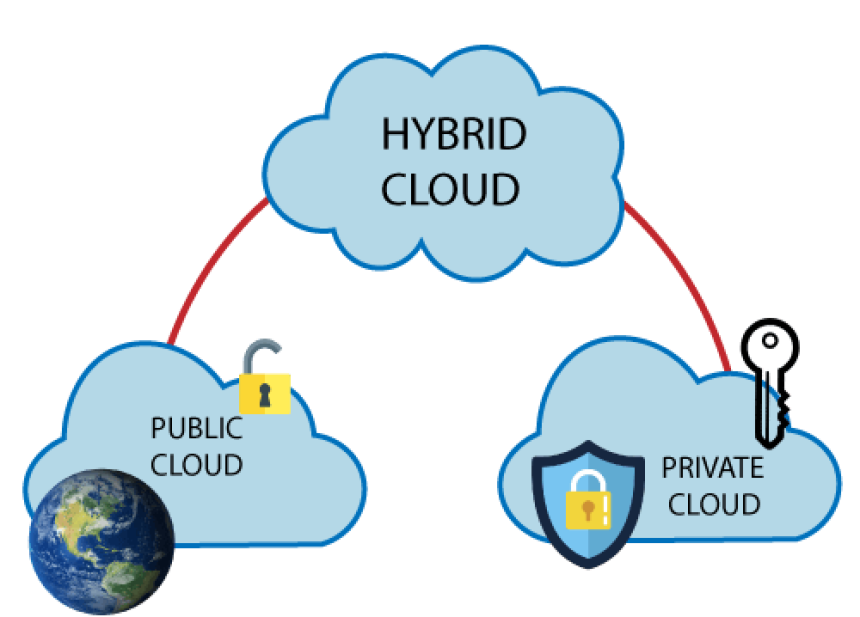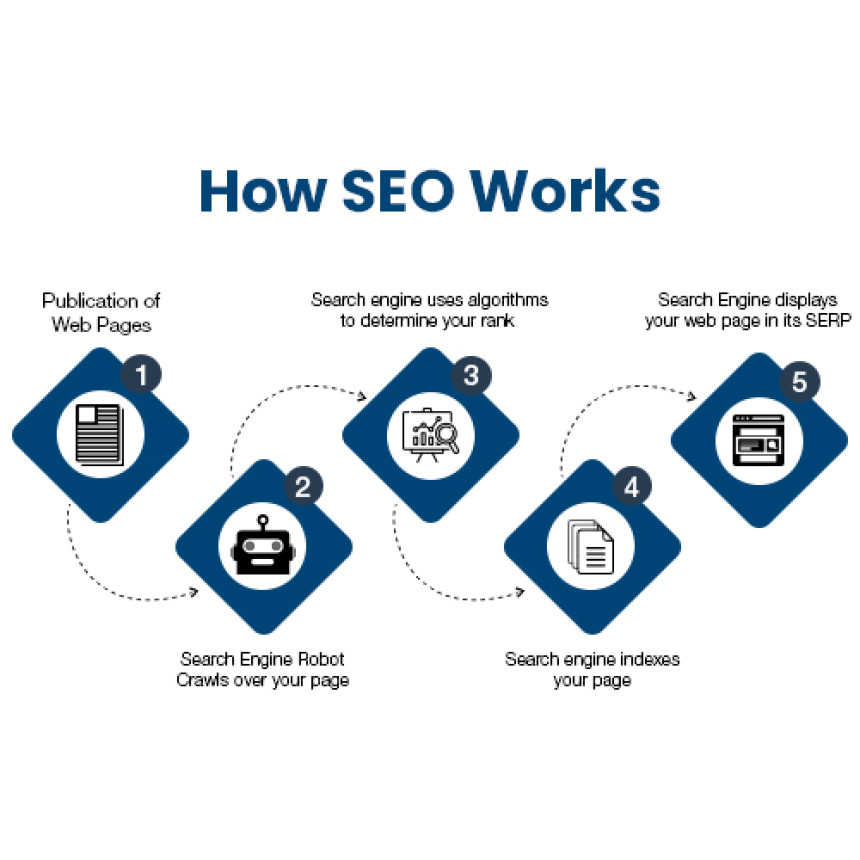
Hashtags
2 years ago
Hashtags
#what-is-this
What is Hybrid Cloud?
A hybrid cloud is a computing environment that combines elements of both public and private clouds, allowing data and applications to be shared between them. It provides a bridge between on-premises resources, private cloud services, and public cloud services, giving organizations more flexibility and optimization options for their IT infrastructure.
Here's a breakdown of the key components:
- Public Cloud: This is a cloud service offered by third-party providers, like Amazon Web Services (AWS), Microsoft Azure, or Google Cloud Platform (GCP). Public cloud resources are owned and operated by these providers and are made available to the general public or a large industry group. Users typically pay for resources on a subscription or pay-per-use basis.
- Private Cloud: A private cloud is a dedicated cloud environment used exclusively by a single organization. It can be located on-premises or hosted by a third-party provider. Private clouds offer more control over resources, increased security, and are often used by organizations with strict compliance or regulatory requirements.
- Hybrid Cloud: A hybrid cloud combines elements of both public and private clouds. This allows data and applications to be shared between them. For example, sensitive data or critical applications might be kept in a private cloud, while less sensitive data or applications with fluctuating resource needs could be hosted in a public cloud. They are connected in a way that allows them to function as a single, integrated environment.
- Orchestration and Management: Hybrid cloud environments often require sophisticated management and orchestration tools. These tools help in coordinating and automating tasks such as workload placement, scaling, and resource allocation between the different cloud environments.
- Benefits:
- Flexibility: Organizations can take advantage of the scalability and cost-effectiveness of public clouds, while still maintaining control over sensitive data in a private cloud.
- Compliance and Security: It allows organizations to keep sensitive data within a private cloud to meet regulatory or compliance requirements.
- Cost Optimization: Hybrid cloud can be more cost-effective as it allows organizations to balance their IT resources based on actual needs and usage.
- Challenges:
- Complexity: Managing multiple cloud environments requires a level of expertise and resources that may be beyond the capabilities of some organizations.
- Data Integration: Ensuring seamless data flow between different cloud environments can be challenging and requires careful planning.
Overall, a hybrid cloud approach provides a balance between the benefits of public and private clouds, offering a more tailored solution for organizations with diverse IT needs.





